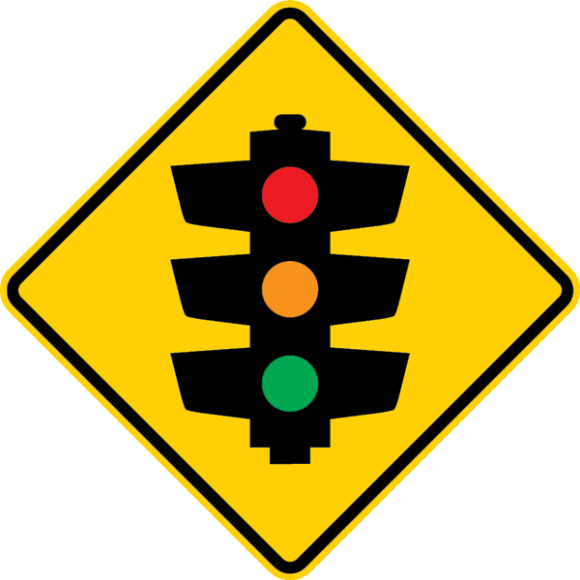 I’ve got another dissertation insight to share.
I’ve got another dissertation insight to share.
As I’ve analyzed the thoughts that treatment participants shared in response to the questions and scaffolding that I provided during their “practice sessions,” I’m seeing that my questions, more than anything, provided space for them to stop, think and reflect. Whether this is a “good” thing in terms of the variables of interest to the study remains to be determined (stay tuned for reports of statistical analyses — I’m getting close to being able to test models!) but based on the observations I’ve made so far, when a “more knowledgeable other” (Vygotsky, 1978) asks learners to stop gathering, to stop reading, to update what they’ve learned, compare information with what they knew before, or to consider the connections they see among the texts they’ve read, they do.
Julie Coiro (in press) has talked about how online reading may be more about what readers can suppress than what they can take in, decode or collect. As we think about teaching students the skills they need to read both online and offline, I wonder if, starting in Kindergarten (or before!) we need to teach “stopping” skills as much as we need to teach the more traditional “going” skills. Decoding and then constructing meaning from texts is obviously an essential goal — no quibbling from me on this point. These are the “going” skills that enable all of us to consume information and they’re definitely essential! I wonder, though, if the online context presents us with something of a chicken-egg question? Or analogously, the age-old question of whether the engine or the brakes are more important on a car? Certainly, Kuhn and Pease (2010) have suggested that both inhibitory control and production of strategies are essential for the development of advanced inquiry processes.
Online, especially when the purpose is to construct meaning across many texts, I think we also need to help students suppress the pre-potent tendency to keep gathering. In our collective rush to teach children to read more and more fluently, to construct meaning at a faster rate, I also wonder if we are setting them up to struggle online where, to construct meaning from trustworthy sources, they will need to read a bit, and then stop to contemplate. I wonder what would happen if, as teachers, we emphasized stopping as much as the active reading and gathering of facts online? Would it help students to construct more integrated meaning across texts? Or, at the very least, help them to get lost a little less?
So far as I can tell, the questions I’ve asked participants in the treatment group give them the space them to pause, to articulate the connections they’ve determined, and to share the questions that are still on their minds. For me, this has resulted in richer insights for analysis compared with the control participants who seemed to stop less.
Here’s a sampling of questions I asked treatment participants:
1) How is this information the same or different from information you knew before?
2) What connections do you see between this text and texts you’ve already read?
3) What do you currently understand on this topic?
4) What do you still need to find out?
5) How do you know this is trustworthy information?
References
photo: http://commons.wikimedia.org/wiki/File:ANZ_traffic_lights_ahead_sign_%28colour%29.png
Coiro, J. (in press). Purposeful, critical and flexible: Vital dimensions of online reading and learning. In R.J. Spiro, M. DeSchryver, M.S. Hagerman, P. Morsink, P. Thompson (Eds). Reading at a crossroads? Disjunctures and continuities in conceptions and practices of reading in the 21st century. New York: Routledge.
Kuhn, D. & Pease, M. (2010). The dual components of developing strategy use: Production and inhibition. In H. Salatas Waters & W. Schneider (Eds.) Metacognition, strategy use, and instruction (pp. 135-159). New York: Guilford.
Vygotsky, L. S. (1978). Mind in society: The development of higher psychological processes. Cambridge, MA: Harvard University Press.